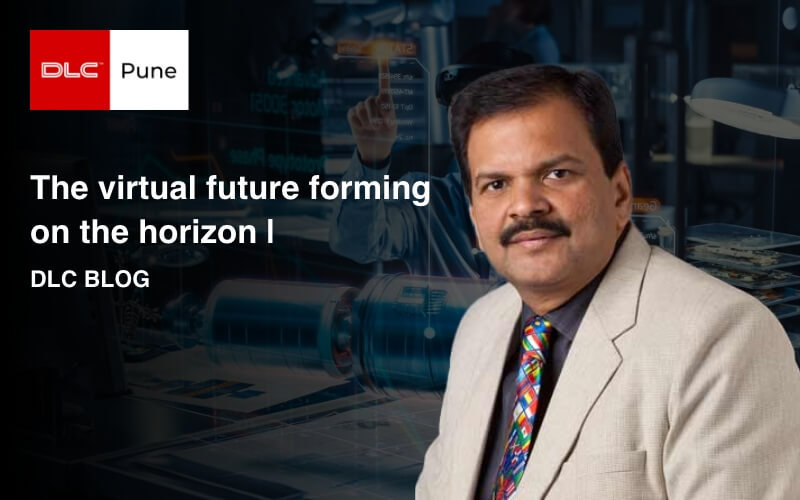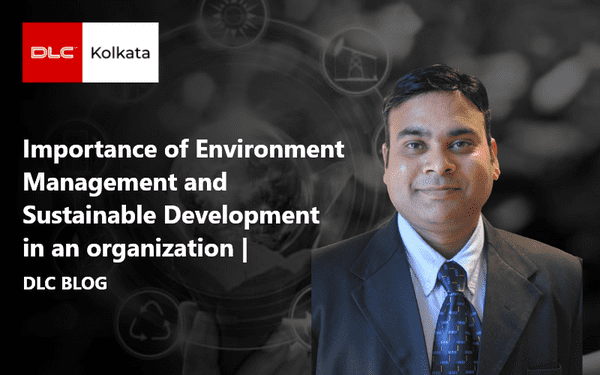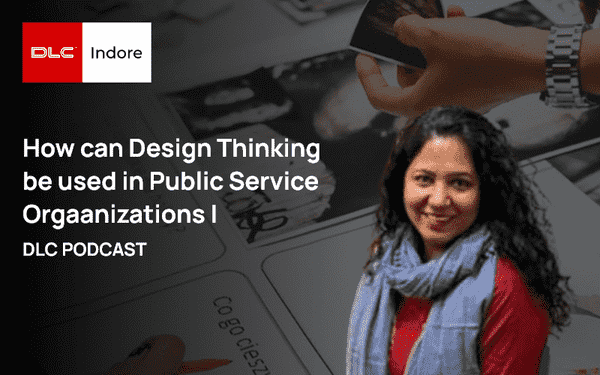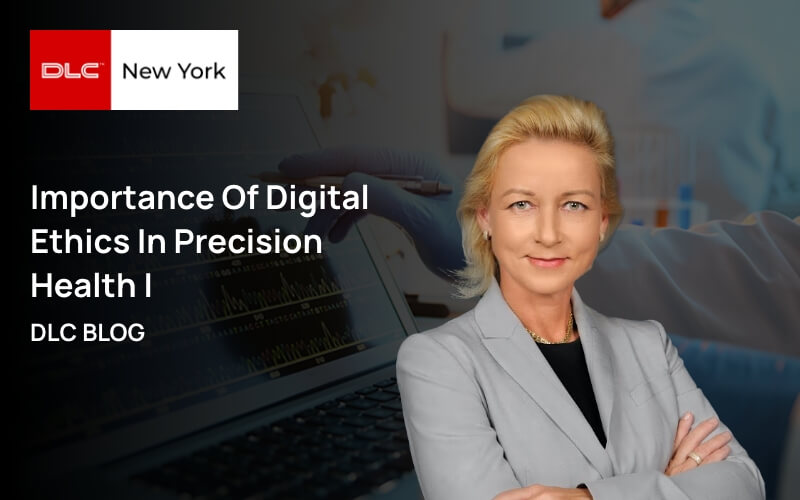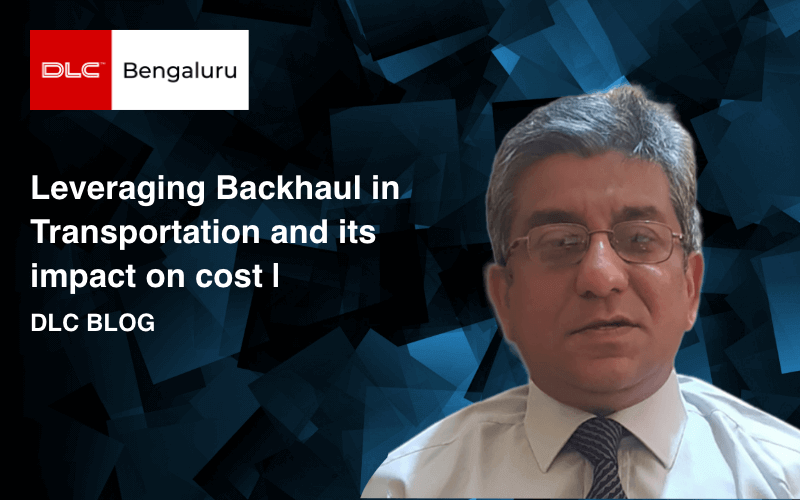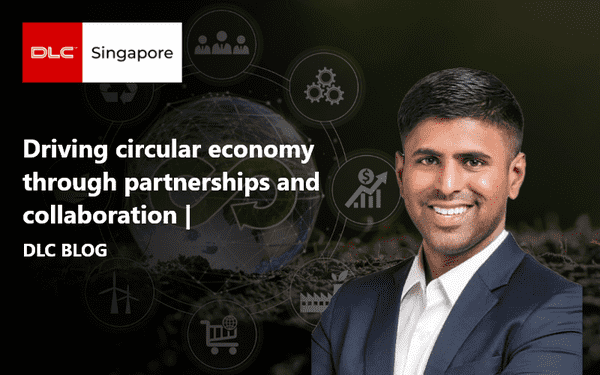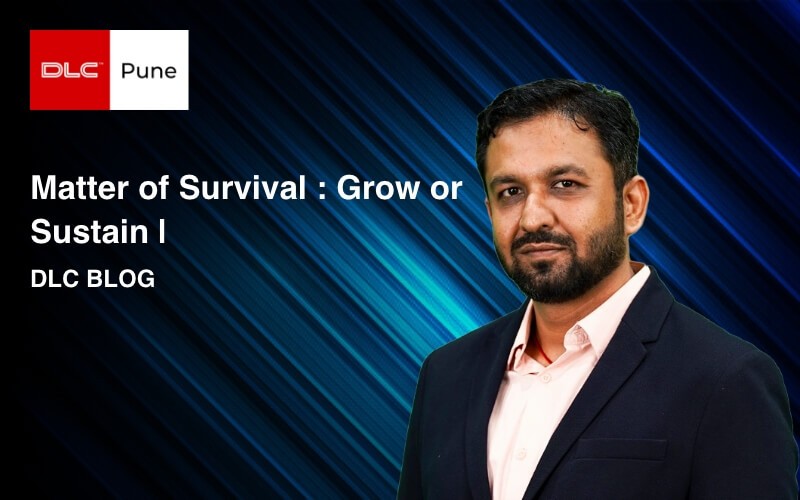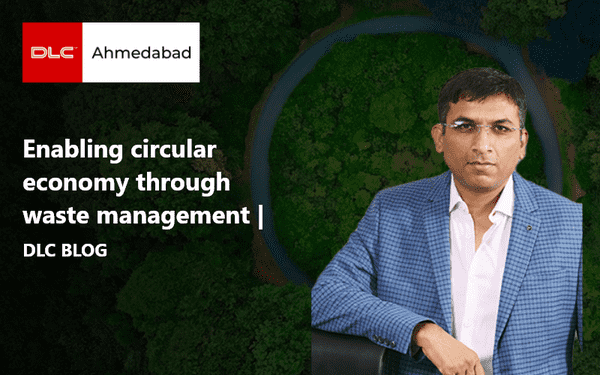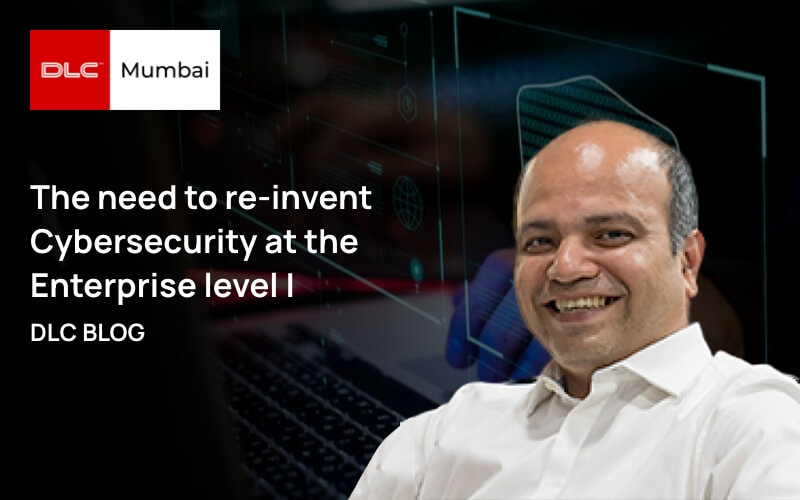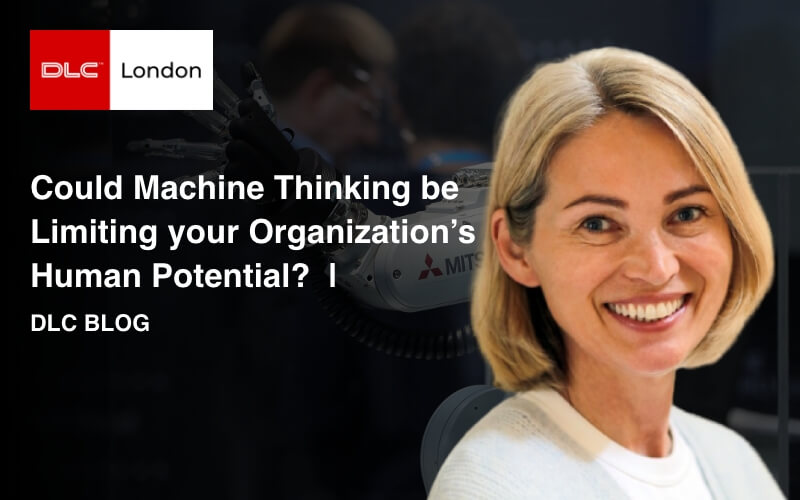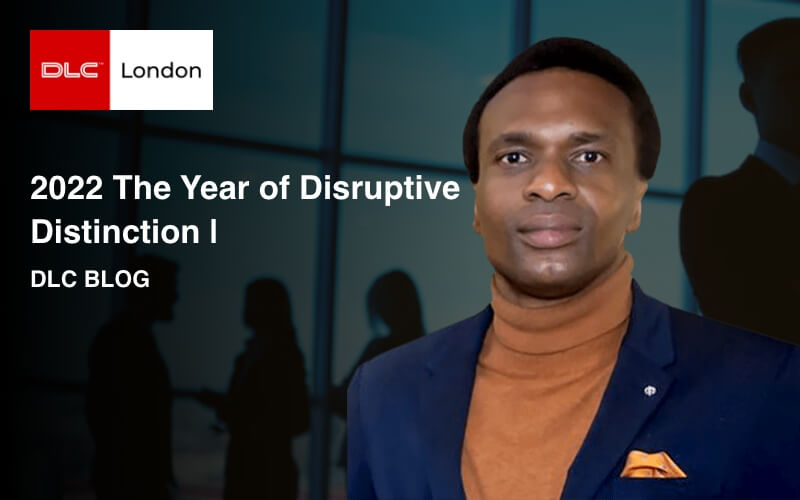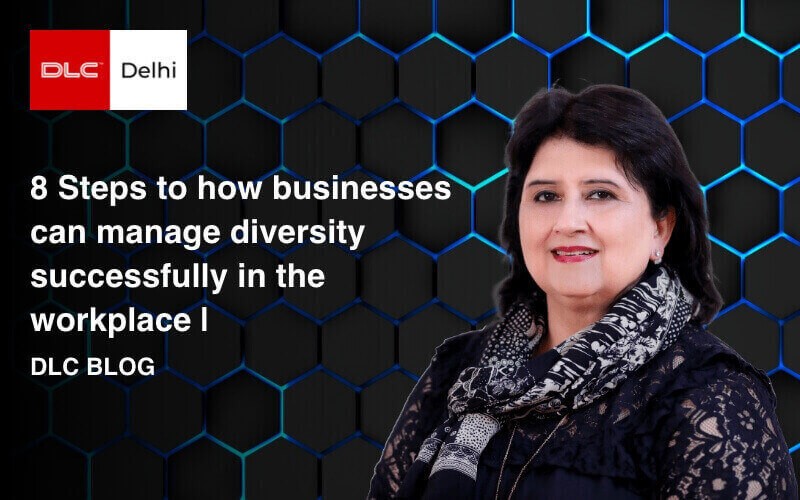

Importance of Environment Management and Sustainable Development in an organization
Dr Hishmi Jamil Husain
April 23, 2022
In today’s dynamic and ever-growing world, businesses have been flourishing all around. These businesses directly or indirectly use resources from the environment. Over the decades, we have utilized resources ruthlessly without knowing the amount of damage we had been doing to the environment around us. As years passed by, we realized the adverse effects of this on nature and that, the damage we did to nature indirectly affected us in vivid forms like global warming, climate change, storms, extreme weather, etc.
There thus arose a dire need for businesses to adopt and work on sustainable practices that could ensure both, economic development as well as judicial usage of resources. This umbrella of sustainable practices grew bigger and broader gradually. Today it comprises not only environmental protection but addresses various social issues such as gender inequality, human rights, pollution, climate change, biodiversity conservation, etc. which later came to be known as business sustainability.
Business sustainability not only addresses the environmental and social issues, but it has been found that businesses with good ESG ratings often outperform other businesses with lower ESG ratings, these practices also ensure safe and hygienic working habitats for their employees as a sustainable business would always know the importance of fair working conditions for its employees. Companies with sustainable business strategies have managed to outperform in several ways like
Branding:Companies following sustainable practices tend to evolve stronger as brands that are better recognized by people for their work.
Creating a market for sustainable products: Environmental practices for sustainable growth have inspired many companies to grow crops that yield sustainable products. Mass plantations are an example of this. For example, bamboo plantations could help create markets for sustainable bamboo products replacing plastic products like toothbrushes, straws, crockery, etc.
Changing the society:when a mass of people works for changes, it tends to be driven faster. Changes are sounder when a huge community works for the change. E.g.: Swachata Abhiyaan was a movement that mobilized the mass to bring about a change in daily practices like waste disposal etc.
Creation of greener and cleaner energy fuels:Diving deep into sustainable practices, there has been a greater amount of research going into alternate resources or alternate fuels. The usage of cleaner energy fuels has come a big way nowadays. E.g.: electronic vehicles replacing non-renewable resources like petrol/ diesel.
Imparting community awareness:The development of sustainable ecosystems involves community engagement through volunteering programs. This results in a strong knowledge-building capacity among the employees of the institution.
In today’s scenario, sustainable living is the key to addressing problems that have been rooted in several years of resource exploitation, habitat degradation, and climate change. It is the key to the stabilization of businesses through the efficient use of resources.
Dr Hishmi Jamil Husain
Head Biodiversity, Corporate Sustainability
Tata Steel
ESG Committee
Kolkata Chapter
Dr Hishmi is a distinguished speaker in India and Lead Author for the Asia-Pacific Region at Biodiversity Assessment of Intergovernmental Science Policy Platform on Biodiversity and Ecosystem Services (IPBES).He is among the notable alumni of International Institute of Social Studiesand a Commission Member of International Union for Conservation of Nature (IUCN). He has written two books, several papers and more than 160 articles.
Want to connect ?

















